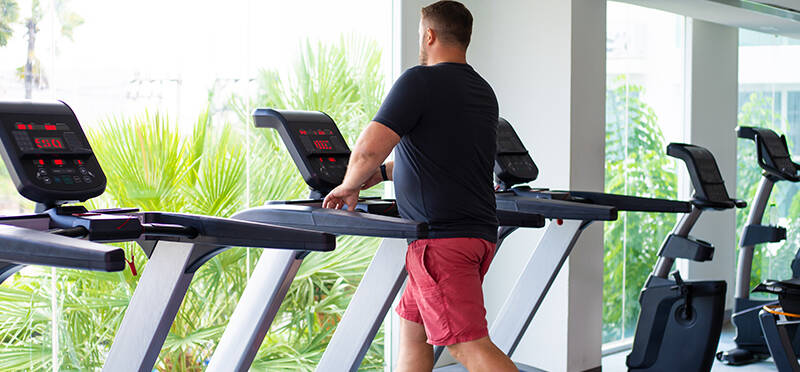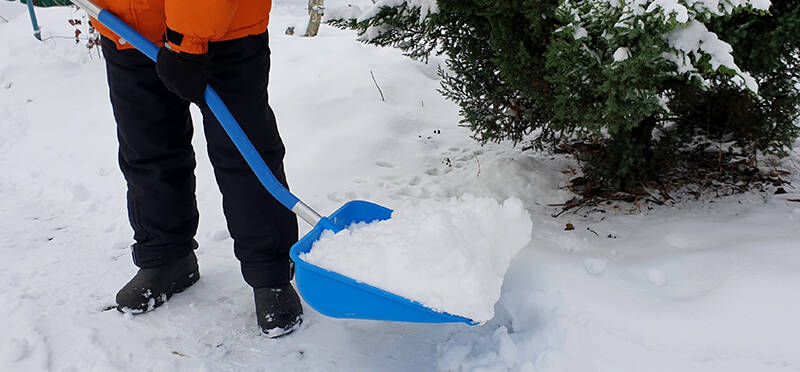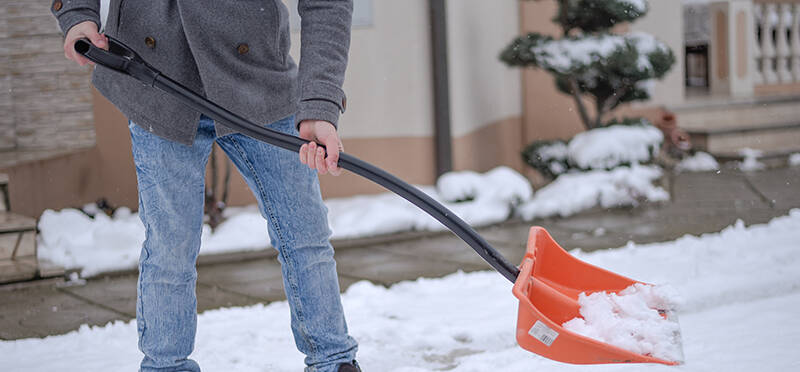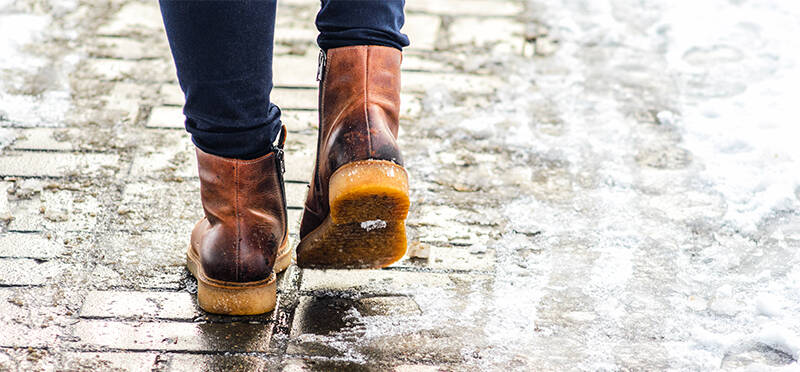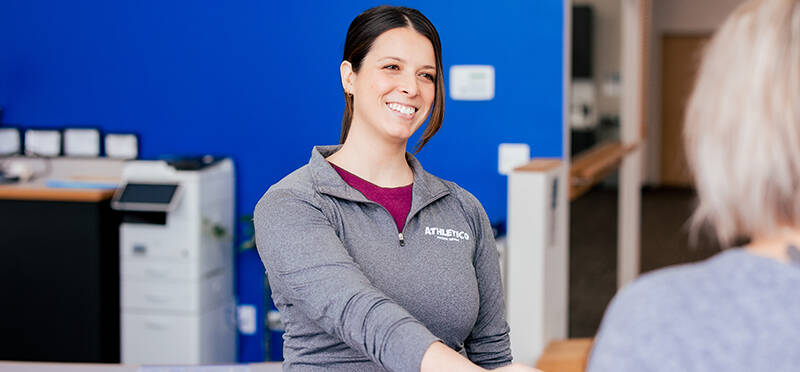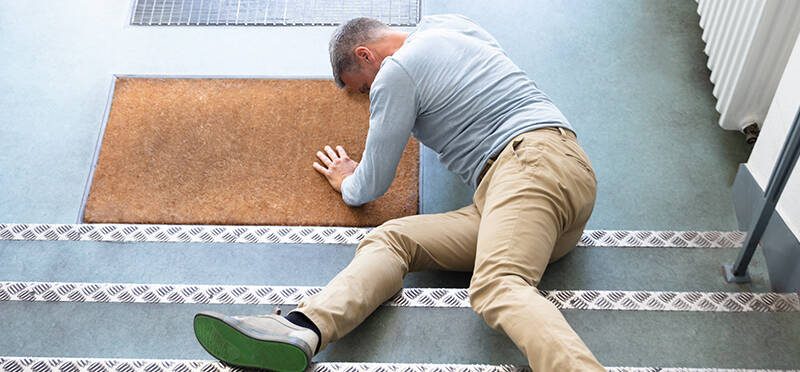In-Season Arm Care Programs: Keeping Your Upper Body Healthy All Season Long
Posted on July 10, 2024 by Teddy Azar, DPT
Keeping your arms and shoulders strong and mobile are important in a successful season for any overhead athlete. Often, skipping...
(more…)





